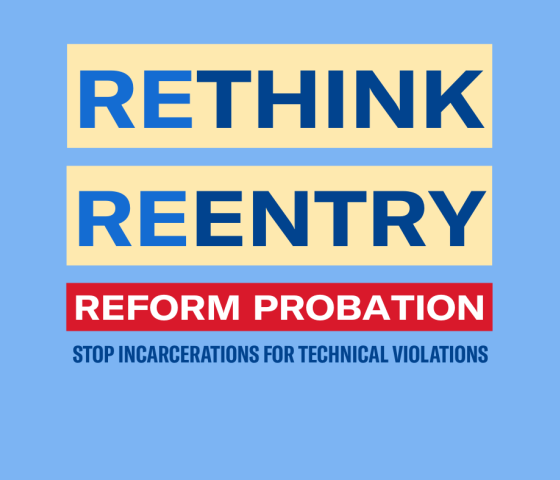By Kathleen MacRae, Executive Director of the ACLU of Delaware, in response to a recent editorial in The News Journal.
The News Journal recently published an editorial titled Death Penalty the Toughest Test for GA. It said that my statement that Delaware no longer has a death penalty was not exactly accurate. I disagree, and I take issue with a number of other statements made in that editorial. Here are some facts.
Delaware is not the first state to see its death penalty eliminated by a court decision or the only state with an unenforceable death penalty law. In 1979, the Supreme Court of Rhode Island declared its death penalty statute unconstitutional and it remained on their books until 1984, when the legislature finally acted to remove it. In 2004, the New York Court of Appeals declared that state’s death penalty unconstitutional and in 2007 the last man on death row had his sentence reduced to life in prison. In 2008, Governor David Paterson ordered all execution equipment removed from state facilities, but the legislature has never voted to remove the unconstitutional statute from state law. Today, New York is considered a state without the death penalty even though one is printed in its law books.
I would also challenge the assertion that “30 states and the federal government have active death penalty laws.” Actually, although 30 states plus Delaware and New York have death penalty laws on the books, four of these states have governor imposed moratoriums on the death penalty and at least eight others have court order holds or de facto moratoriums on executions. The U.S. Military and six states on that list have not carried out an execution in 10 years or more. In 2015, only six states executed any of their citizens. Thus far in 2016, five states have executed someone. It is inaccurate to say 30 states have “active death penalty laws” when as many as half of those states don’t use the laws to sentence people to death or execute.
Another suggestion made was for a legislative “fix” to our statute to make it constitutional—as The News Journal said: “That’s exactly what Florida did in March.” But what the editorial did not say is that since the Florida “fix” was passed by the legislature, two different Florida state courts have ruled that the new law violates the state constitution. Often times, going backwards is not so easy. The General Assembly has repeatedly attempted to fix Delaware’s death penalty law to make it constitutional, and four times the courts ruled that they had failed.
I again say: As of August 2, 2016, Delaware no longer has a death penalty. Can the General Assembly pass a law to reinstate the death penalty here? Yes they can. But why, in the name of justice and fairness, would they want to? All the evidence shows that those statutes don’t make us safer, don’t prevent murder, are used more harshly against people without money and minorities, and waste taxpayer money that could be better used to fight crime and help victims’ families.
Sensibly, public opinion is against the death penalty. In a poll of Delaware registered voters conducted in 2013, 64 percent said that some form of life in prison was the appropriate punishment for murder. Only 28 percent supported the death penalty; eight percent were unsure of their position. I can only imagine that support for the death penalty has declined since that poll was taken, given the robust dialogue we have been having up and down the state about how the death penalty system is broken beyond repair.
The law on Delaware’s books can no longer be used to sentence people to death. Let’s leave it that way.

